Sarvangasana Introduction, How to Do It step by step, Its Benefits, and Contraindications with Modifications
Soham Yoga School Rishikesh, India
Sarvangasana Introduction, How to Do It step by step, Its Benefits, and Contraindications with Modifications
Sarvangasana, commonly known as Shoulder Stand, is a revered yoga posture that offers a plethora of physical and mental benefits. As an inversion pose, it holds a special place in yoga practice for its ability to rejuvenate the body, calm the mind, and promote overall well-being. In this blog post, we’ll explore how to perform Sarvangasana step by step, its benefits, as well as contraindications and modifications for safe practice.
Sarvangasana derives its name from Sanskrit, where “Sarva” means “all” and “Anga” means “parts” or “limbs.” Together, Sarvangasana translates to “Whole Body Pose” or “Shoulder Stand,” emphasizing its comprehensive effects on the body. In this inverted posture, the weight of the body is supported by the shoulders, with the spine and legs extending vertically upward.
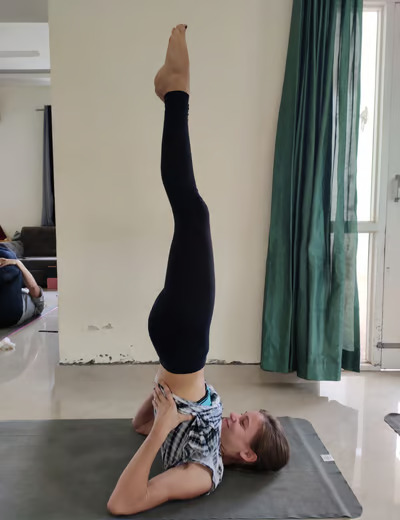
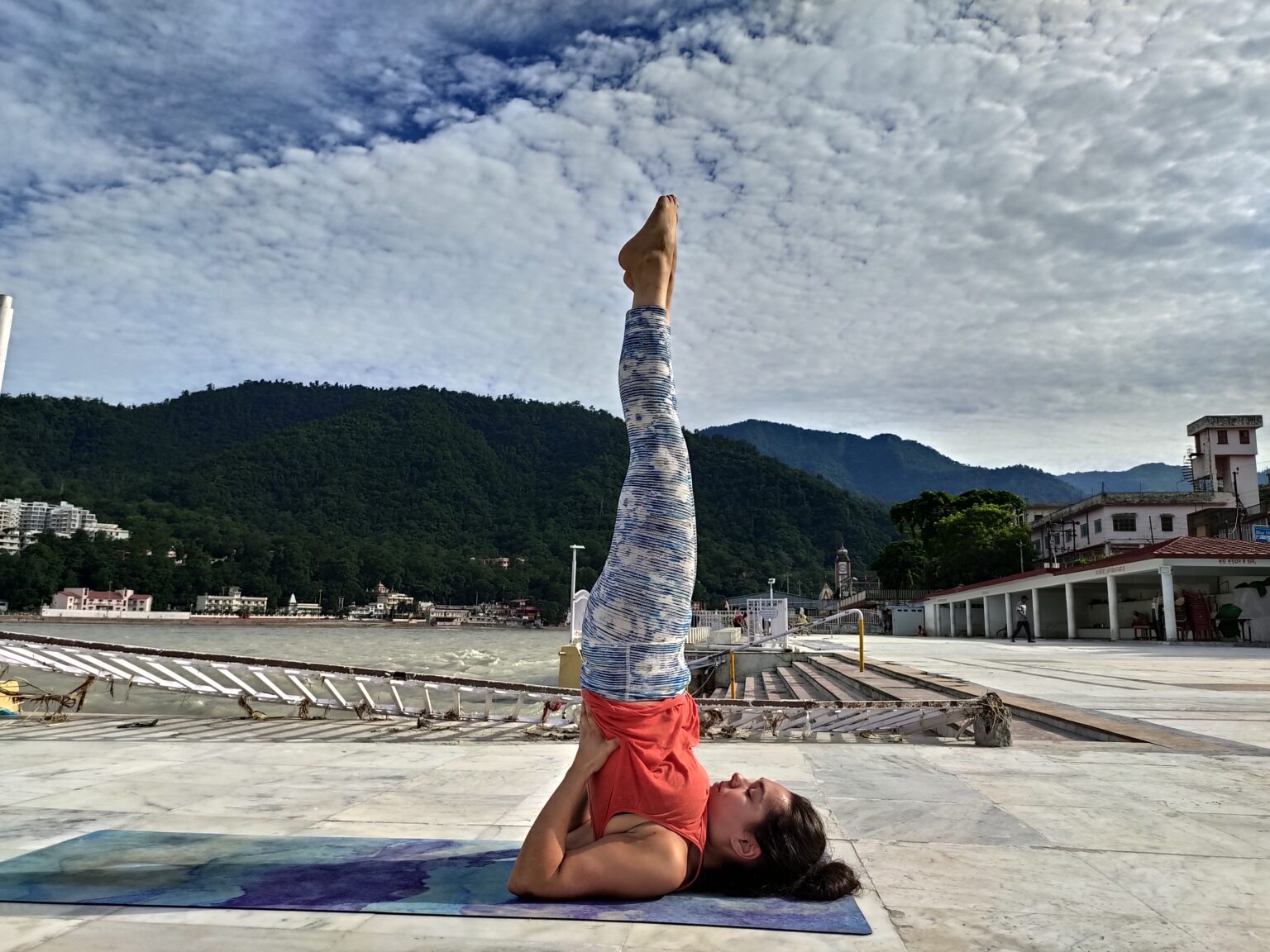
How to Do Sarvangasana:
Starting Position
Begin by lying on your back (supine position) with your arms resting alongside your body, palms facing down.
Engage Core Muscles
On an inhalation, use your abdominal muscles to lift your legs off the floor, bringing them perpendicular to the ground.
Support Lower Back
Place your hands on your lower back for support, with your elbows shoulder-width apart and fingers pointing upward.
Lift Hips
Continue to engage your core as you lift your hips off the ground, bringing your legs and torso into a straight line.
Straighten Legs
Extend your legs upward toward the ceiling, keeping them active and toes pointing toward the sky.
Maintain Alignment
Ensure that your weight is evenly distributed across your shoulders and upper arms, with minimal pressure on the neck.
Hold the Pose
Hold Sarvangasana for 30 seconds to several minutes, breathing deeply and maintaining awareness of your alignment.
Release
To exit the pose, slowly lower your legs back down to the ground with control, returning to the supine position.
"Elevate Your Practice: Journeying through Sarvangasana"
Improves Circulation
As an inversion, Sarvangasana enhances blood flow to the brain and heart, promoting circulation and oxygenation of the body.
Strengthens Shoulders and Core
Holding the body weight on the shoulders strengthens the shoulder girdle and core muscles, improving stability and posture.
Stimulates Thyroid Function
The gentle compression of the throat in Sarvangasana stimulates the thyroid gland, which regulates metabolism and energy levels.
Calms the Nervous System
Inverted poses like Sarvangasana activate the parasympathetic nervous system, inducing a sense of relaxation and reducing stress.
Contraindications and Modifications
Neck or Shoulder Injury
Individuals with neck or shoulder injuries should avoid Sarvangasana or practice it under the guidance of a qualified yoga instructor. They can modify by placing a folded blanket under the shoulders for support or practicing the Legs-Up-the-Wall Pose instead.
High Blood Pressure
People with uncontrolled high blood pressure should avoid inverted poses like Sarvangasana. They can practice a modified version with legs propped up on a bolster or skip inversions altogether.
Menstruation
Women should avoid practicing Sarvangasana during menstruation, as it may disrupt the natural downward flow of energy. They can practice gentle restorative poses instead.
Conclusion
Sarvangasana, or Shoulder Stand, offers a holistic approach to health and well-being, providing physical, mental, and emotional benefits when practiced mindfully. By following proper alignment cues and considering individual needs and limitations, practitioners can safely integrate this rejuvenating pose into their yoga practice, unlocking its transformative potential.
Explore Our Range of Upcoming Yoga Training Courses Rishikesh
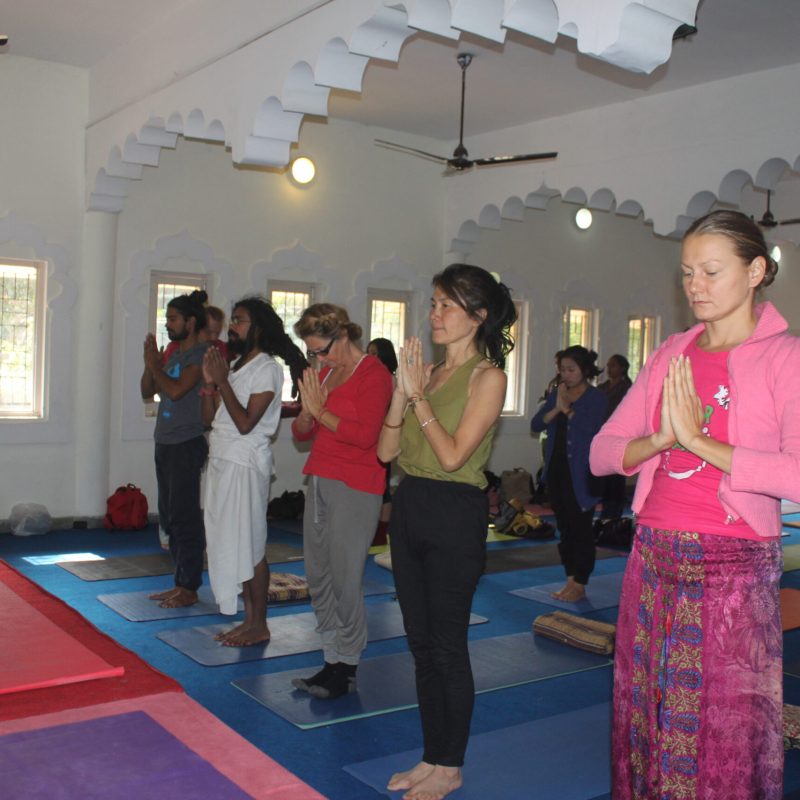
100 Hour Yoga Teacher Training in Rishikesh (India)
Duration: 14 Days
Module: Residential with Meal
Accommodation: Shared Room
Certification: Yoga Alliance USA
Course Fee: 699 USD
Yoga Style: Hatha Yoga
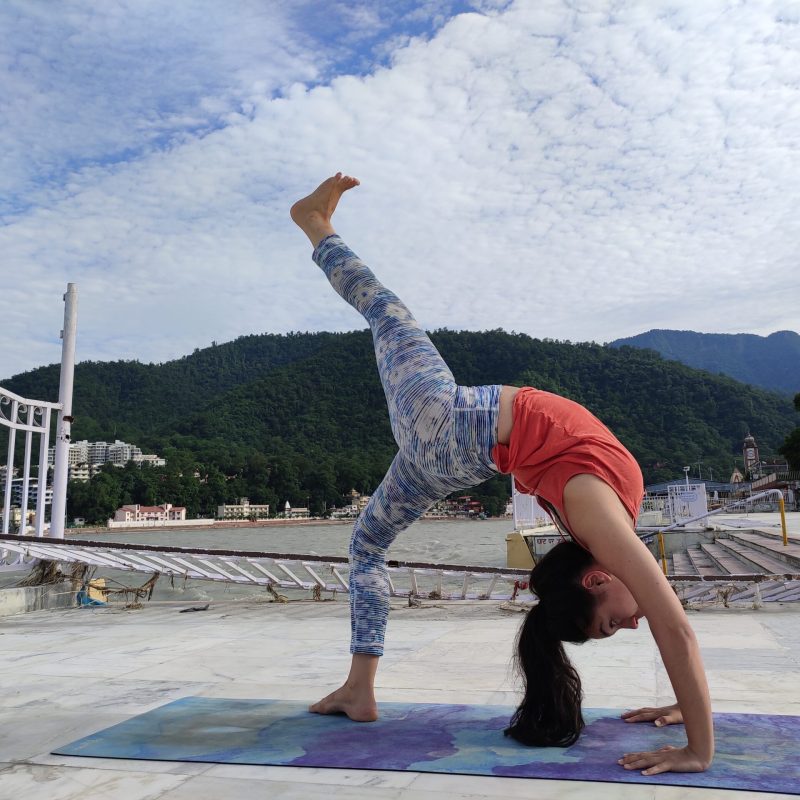
200 Hour Yoga Teacher Training in Rishikesh (India)
Duration: 25 Days
Module: Residential with Meal
Accommodation: Shared Room
Certification: Yoga Alliance USA
Course Fee: 999 USD
Yoga Style: Hatha Yoga
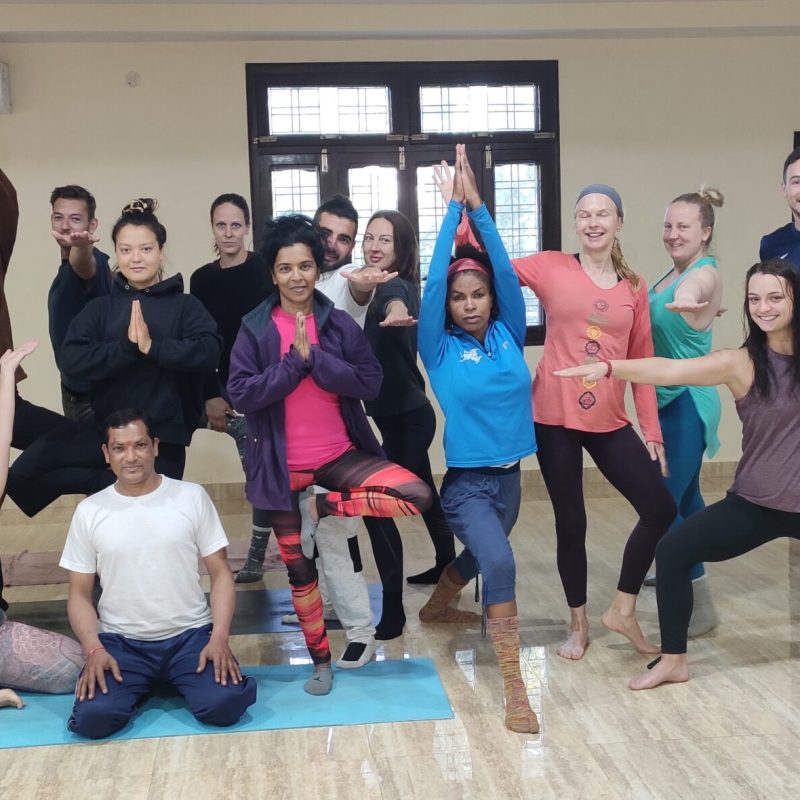
300 Hour Yoga Teacher Training in Rishikesh (India)
Duration: 28 Days
Module: Residential with Meal
Accommodation: Shared Room
Certification: Yoga Alliance USA
Course Fee: 1349 USD
Yoga Style: Hatha Yoga
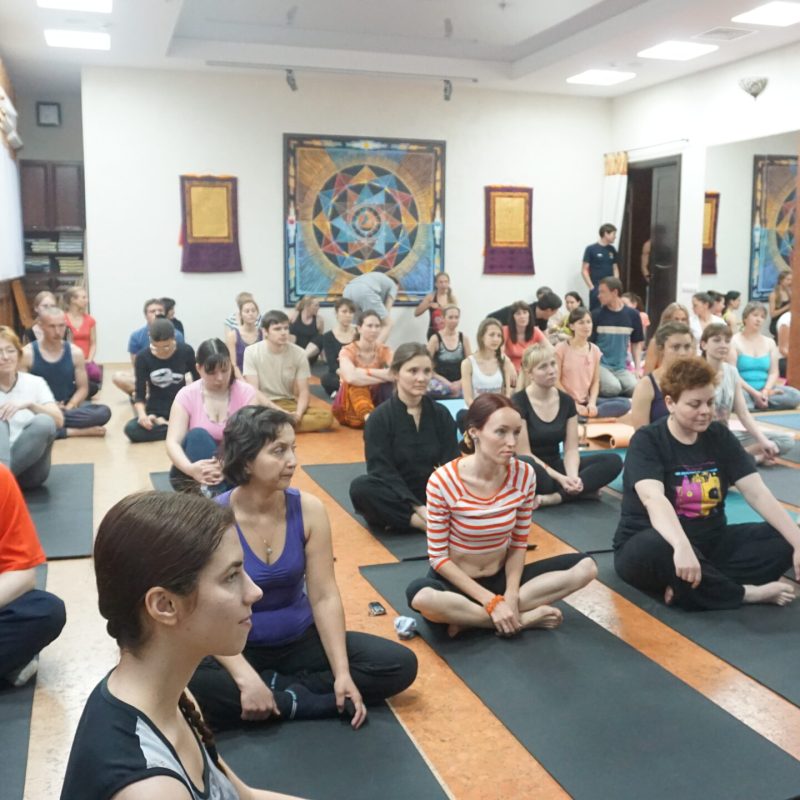
500 Hour Yoga Teacher Training in Rishikesh (India)
Duration: 55 Days
Module: Residential with Meal
Accommodation: Shared Room
Certification: Yoga Alliance USA
Course Fee: 2699 USD
Yoga Style: Hatha Yoga
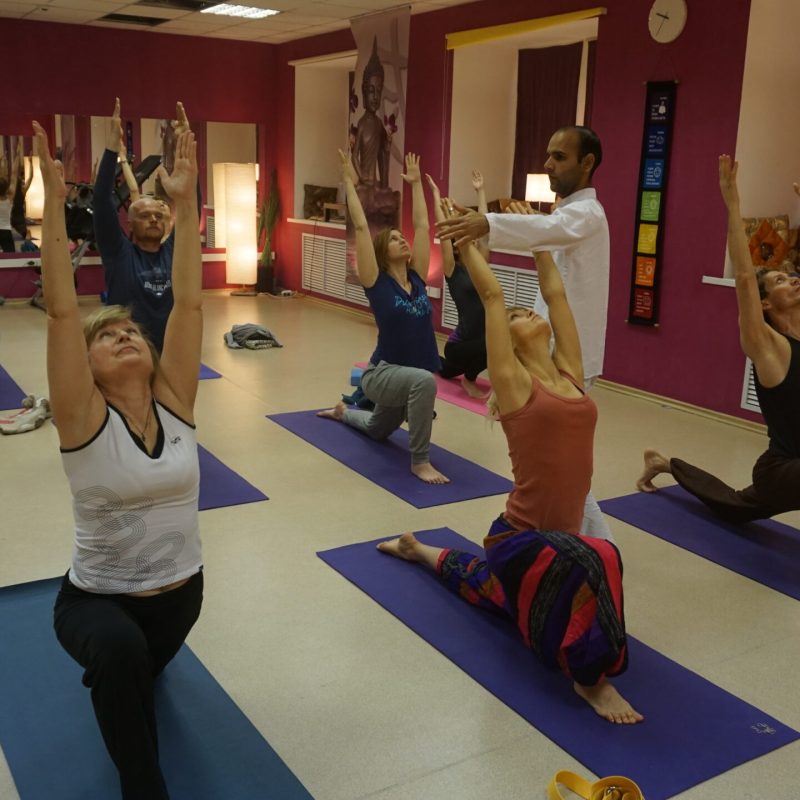
07 Days Yoga Retreats in Rishikesh (India)
Duration: 07 Days
Module: Residential with Meal
Accommodation: Shared Room
Certification: Yoga School
Course Fee: 499 USD
Style: Yoga Retreats

10 Days Yoga Retreats in Rishikesh (India)
Duration: 10 Days
Module: Residential with Meal
Accommodation: Shared Room
Certification: Yoga School
Course Fee: 649 USD
Style: Yoga Retreats
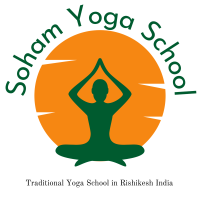
Nestled in Rishikesh, Soham Yoga School offers Yoga Alliance certified teacher training programs in Hatha and Ashtanga yoga styles. Emphasizing meditation, pranayama, “and” yoga philosophy, each course—from “100” to “500” hours—promises deep learning “and” personal growth. With comfortable accommodation “and” nutritious meals, graduates gain internationally recognized certifications “and” profound yoga knowledge.
